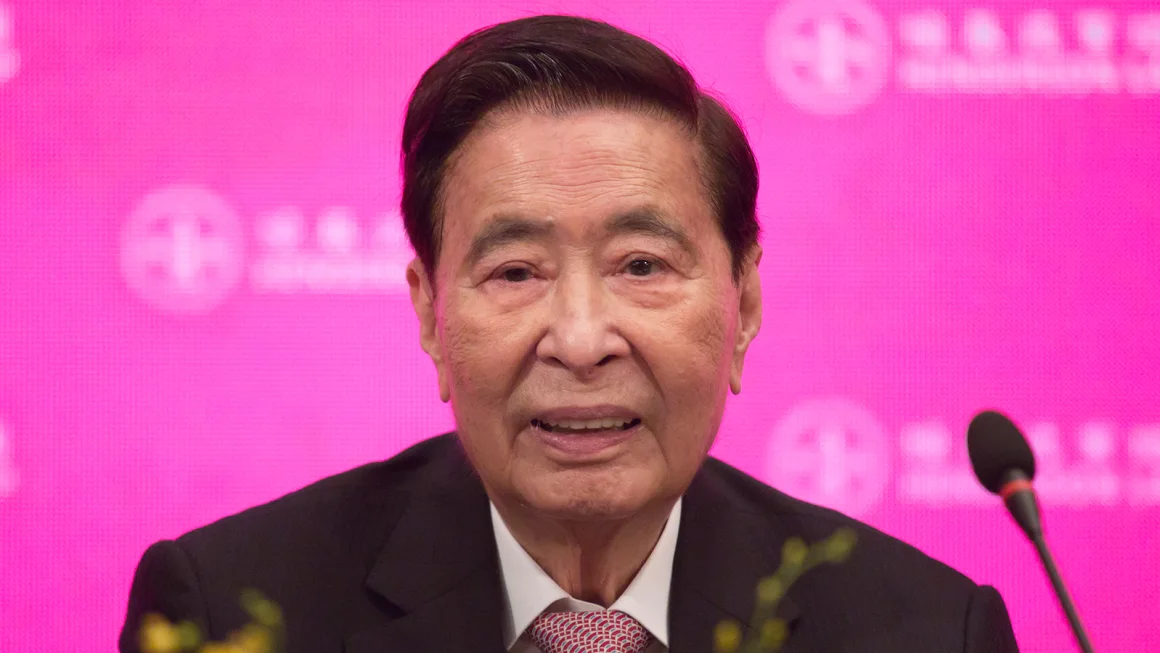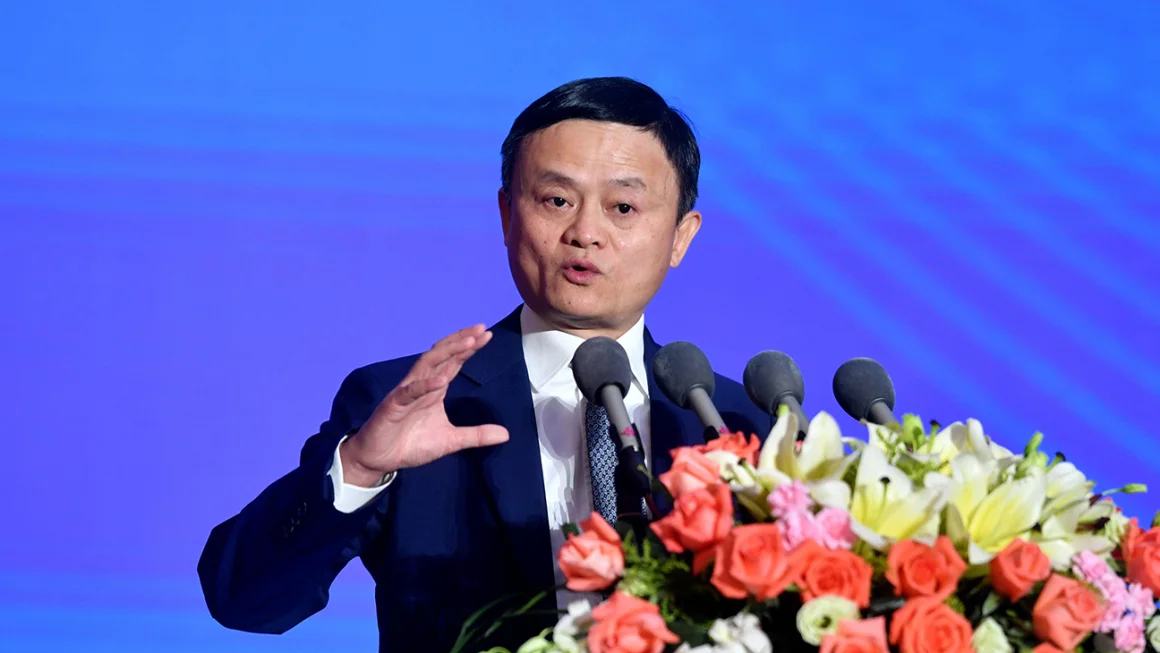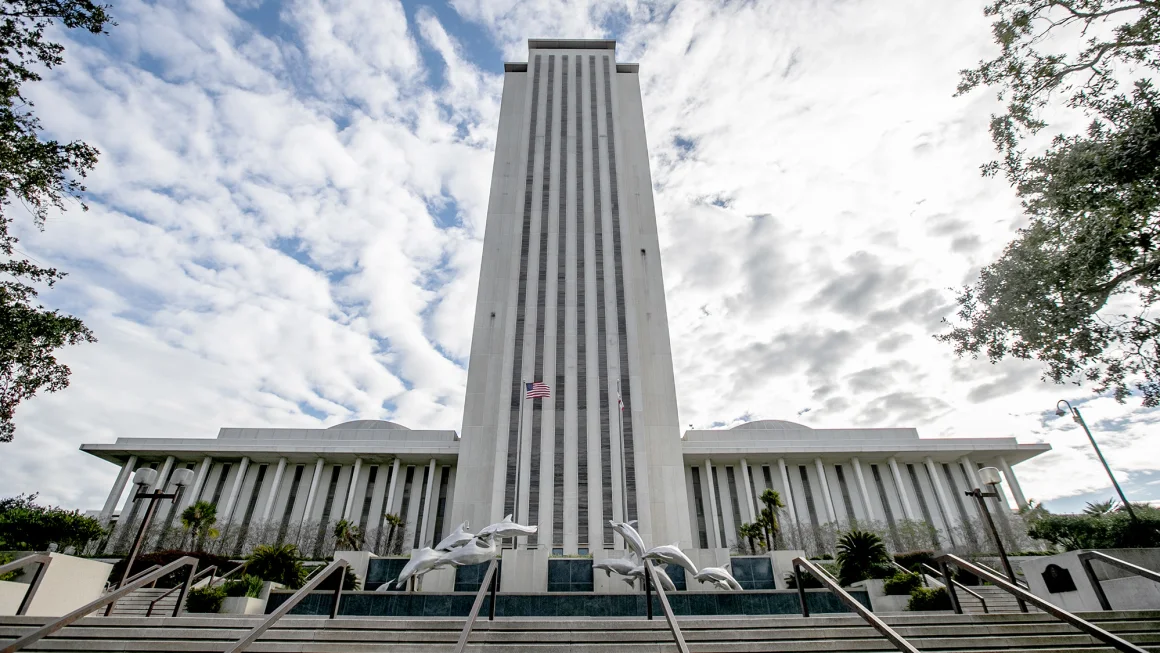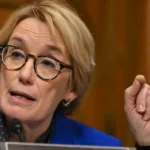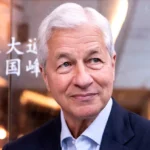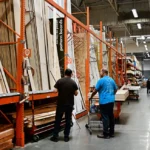Trump’s Former Commerce Secretary Says Blanket Tariffs Unlikely
Since President Donald Trump won the election in November, businesses worldwide have been bracing for higher tariffs—one of his key Day One promises. However, over a week into his presidency, Trump has yet to implement any new tariffs.
That could change by 11:59 p.m. ET on Saturday, the deadline Trump set for imposing 25% tariffs on all Mexican and Canadian goods and a 10% tariff on all Chinese goods. According to Trump, these tariffs aim to penalize the three nations for allegedly aiding illegal immigration and supplying fentanyl to the U.S.
Speaking from the Oval Office on Thursday, Trump reiterated his commitment, particularly regarding Mexico and Canada. White House Press Secretary Karoline Leavitt confirmed on Friday that Trump will implement the 10% tariff on China on Saturday.
Will These Tariffs Be Enforced?
Former Commerce Secretary Wilbur Ross believes the threat of blanket tariffs is being overstated. In an interview with CNN, Ross stated, “There probably will be exclusions, because some goods are simply not made here and never will be.”
Ross, who served throughout Trump’s first term, advocated for similar exclusions in past tariff policies. He pointed out that Treasury Secretary Scott Bessent supports a gradual approach with exemptions, while Commerce Secretary nominee Howard Lutnick favors blanket tariffs.
Challenges of Blanket Tariffs
Ross recalled the 2018 steel tariffs, when Trump imposed a 25% duty on most imported steel. The Commerce Department received over 11,000 exemption requests, many of which were denied. He warned that blanket tariffs could trigger a “whack-a-mole” situation, where foreign manufacturers find ways to circumvent them through transshipment or minor product modifications.
Ross, known as the “king of bankruptcy” for his business turnaround expertise, said Trump is serious about his threats but may be using tariffs as leverage. A similar situation occurred last weekend when Trump threatened steep tariffs on Colombian goods. Hours later, the White House lifted the threat after Colombia agreed to Trump’s demands on deported migrants.
“Sometimes you can get what you need without tariffs,” Ross noted. He cited past negotiations with European car manufacturers, who agreed to build more U.S. factories in exchange for tariff exemptions.
Uncertainty Ahead
As Saturday’s deadline looms, Ross admitted, “Nobody really knows what he will do.” He emphasized that Trump understands “fear of the unknown is the most powerful fear,” and is using it as a negotiating tool. Business leaders and global markets remain on edge, awaiting Trump’s next move.
